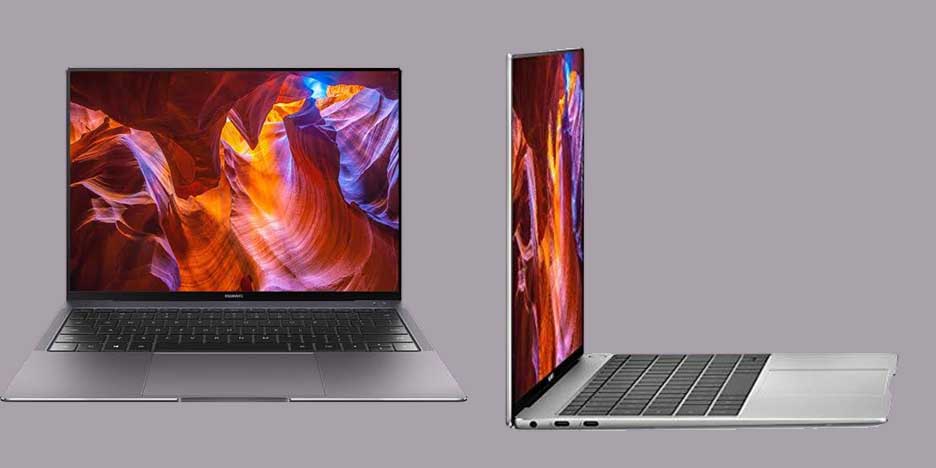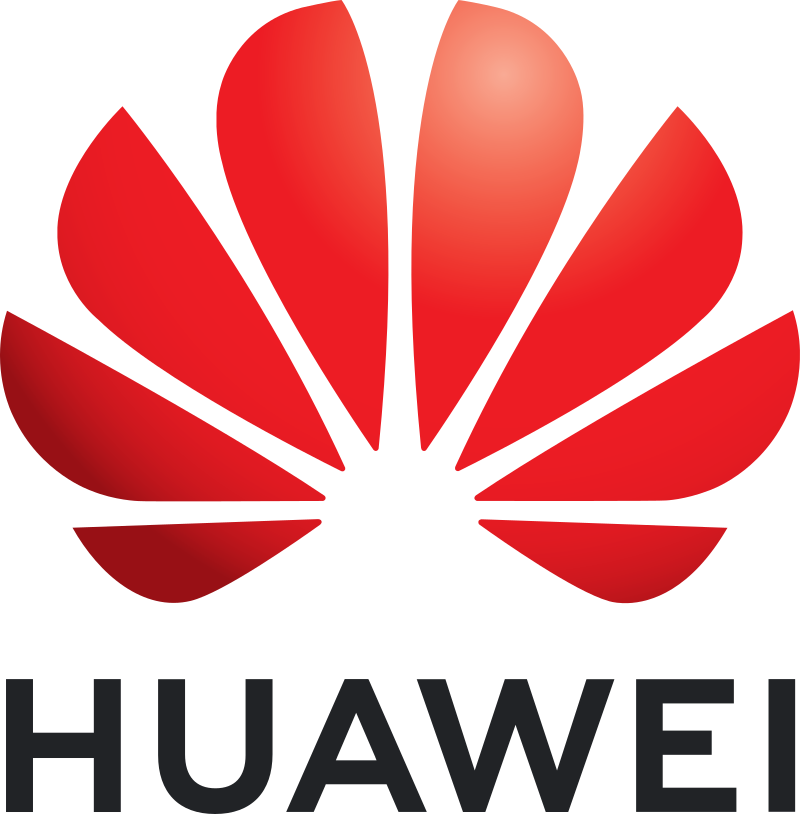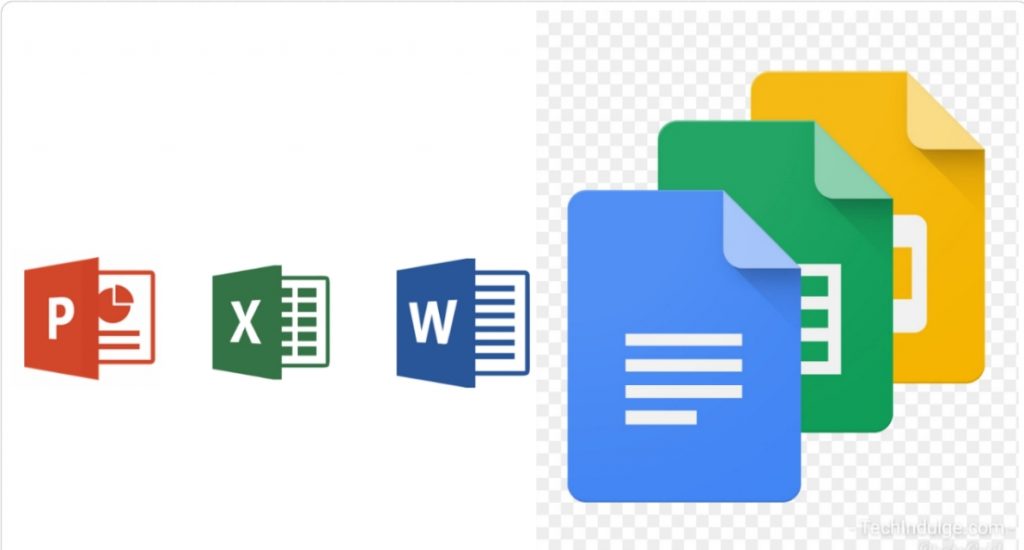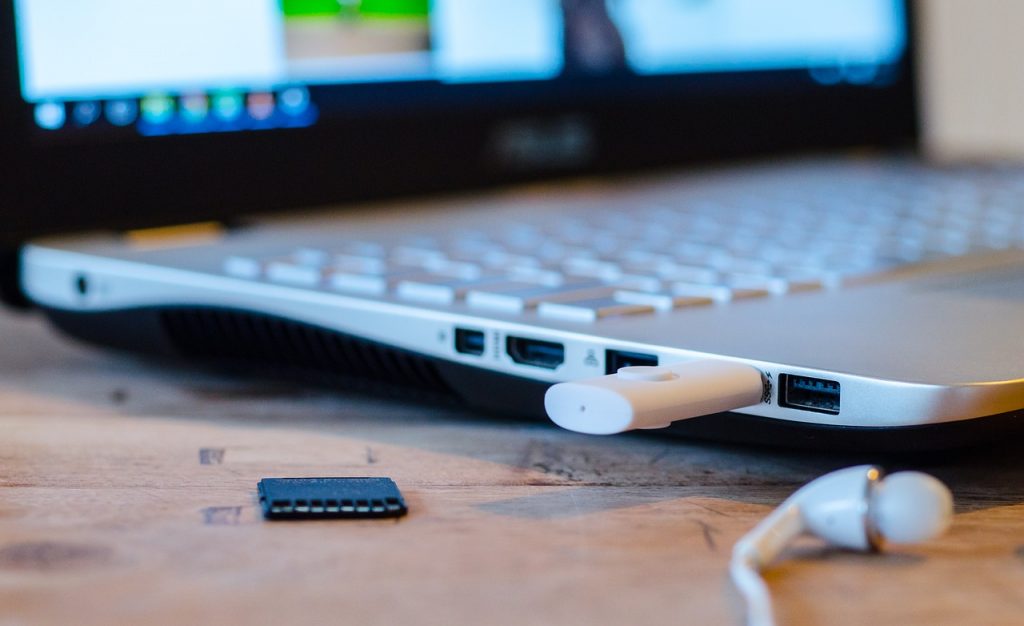Huawei suffered a serious blow to its ambition to become the world’s top smartphone brand when its android license was revoked by Google, however it appears its laptop lines is about to suffer the same blow as Microsoft is quietly following in the direction of google.
Microsoft is the maker of Windows operating system that powers Huawei’s laptops. Microsoft also maintains an online store where it sells these top of the line laptops running its windows OS, Huawei inclusive. A quick look on the online store however confirms that Microsoft has stopped selling Huawei MateBook X Pro laptop in the wake of the US government’s blacklisting of the Chinese firm. The listing for the laptop has vanished from the Microsoft Store, and searching for “Huawei” doesn’t return any results either.
The move comes after President Trump signed an executive order giving the federal government the power to block US companies from buying foreign-made communication technology and services deemed a national security risk.
Microsoft, for its part, hasn’t made an official statement regarding whether it plans to block Windows 10 updates for Huawei laptops.
Microsoft and Huawei-The looming Danger
If Microsoft were to stop licensing its software to Huawei, it will be yet another huge setback for the company’s laptop business. Further, if the Seattle-based tech giant does block updates and support for Huawei laptops, it will also leave existing customers in a bad fix.
Amidst this recent development between the US Government and Huawei, Google has withdrawn Huawei’s Android license and stopped its access to Google Play Services and the Play Store, even leading chipmakers like Intel, Qualcomm, Broadcom, and ARM also opted to cut off dealings with Huawei until further notice.
Huawei reportedly has been stockpiling enough chips and other vital components to keep its business running for at least three months. The company has also been working on its own replacements for Android and Windows over the past couple of years. Richard Yu, Huawei‘s head of consumer electronics, told German publication Die Welt: “That’s our plan B. But of course we prefer to work with the ecosystems of Google and Microsoft.”
We wait to see how this plays out.



